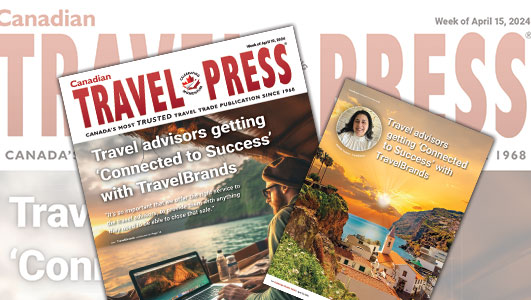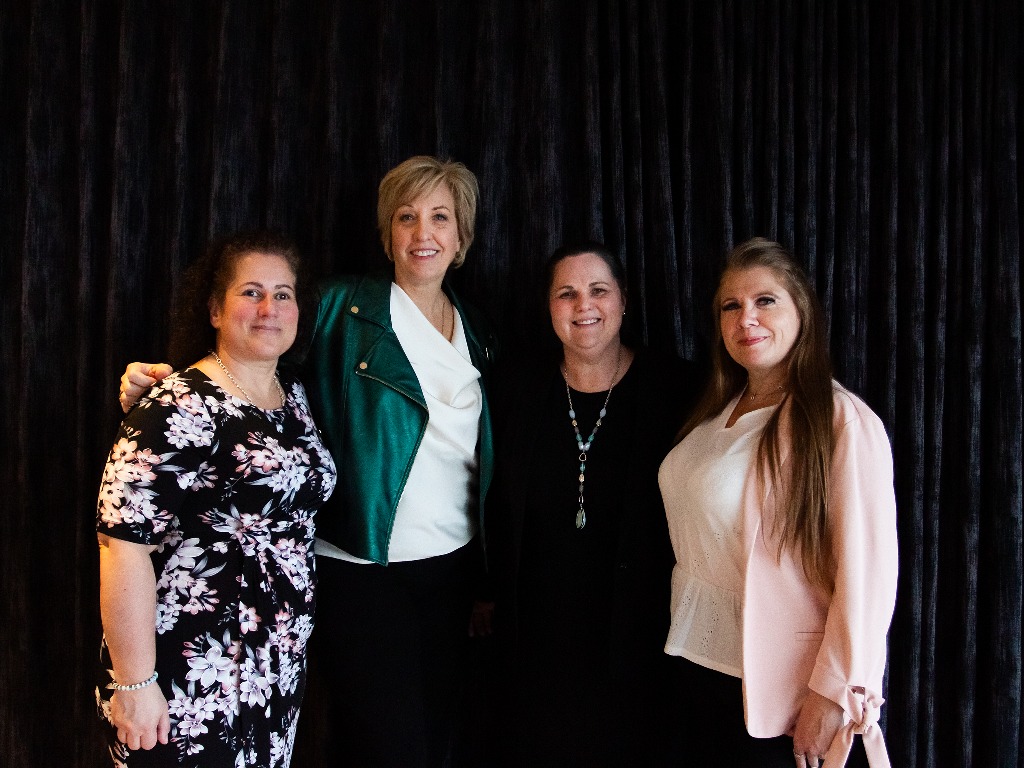Canada Has A Plan — Airlines & Airports Like It

Although the Canadian government is continuing to tell Canadians to avoid non-essential international travel, it also wants Canadians to know that it’s continuing to work with partners in the industry to protect public health by implementing measures to reduce the risk of COVID-19 transmission during air travel.
This is especially important during a period where jurisdictions both within Canada and beyond begin to open up and lift restrictions including those on travel.
To that end, the federal Minister of Transport, the Honourable Marc Garneau, unveiled details of Canada’s Flight Plan for Navigating COVID-19 (Canada’s Flight Plan), which is the foundation for Canada’s current and future efforts to reduce the public health risks of COVID-19 while travelling by aircraft.
Minister Garneau said that: “Canada is a large country and safe and secure air travel is critical for Canadians to connect with loved ones and for those who rely on it to support their businesses.”
And he continued: “Implementing Canada’s Flight Plan reinforces our ongoing commitment to protect public health and minimize the COVID-19 risks associated with air travel.”
The minister made it clear that: “This comprehensive plan aligns the actions of government and industry partners to the best practices emerging around the world to protect passengers and air industry workers from COVID-19.”
Putting the plan in place
This action plan puts in place a multi-layered system of safety measures to support public health by protecting air travellers and air industry workers from COVID-19.
The Canadian government has worked with public health authorities, counterparts around the world, and industry partners to develop a plan for COVID safety in air travel that is aligned to emerging global safety standards and best practices.
Key changes apply to all aspects of air travel, including in airports and aircraft. They include:
- Travel restrictions
- Mandatory use of face masks for passengers and crew
- Mandatory health checks by air carriers prior to passenger boarding !!! Temperature screening at the busiest Canadian airports and at points of origin for all incoming flights to Canada
- Restricted services and passenger movement during flights; and enhanced cleaning and sanitation protocols and practices.
In airports, these designs and measures include:
- Enhanced air conditioning and filtration systems
- Frequent cleaning of high-touch areas
- New touchless technologies to scan boarding passes
- Physical distancing measures.
Modern passenger aircraft also offer a unique environment with design characteristics that reduce the risk of viral transmission. The air is exchanged at a high rate, with HEPA filtration in most large commercial aircraft. Further, the potential spread of the virus between rows is reduced by the high seatbacks and the fact that almost all passengers are seated in the same direction.
These measures prioritize the safety and security of travellers and industry employees, and have positioned Canada as an international leader in reducing the risk of contracting COVID-19 while travelling by air.
To date, the Government of Canada is not aware of any cases attributed to passenger-to-passenger transmission on a flight to or from Canada. However, work continues with the provinces and territories to strengthen contact-tracing processes to reduce and quantify the risk of COVID-19 transmission during air travel.
Canada’s Flight Plan will be refined as the Government of Canada learns more about COVID-19, and as international best practices evolve to ensure safety and efficiency of the Canadian aviation system in the months and years to come.
Canadian airlines, airports endorse plan
Canada’s two largest airlines and two largest airports welcomed Transport Canada’s long-awaited Flight Plan for Navigating COVID-19 as a major step forward in restarting Canada’s air travel industry by confirming the country’s biosafety standards.
The document is a clear endorsement of biosafety programs already put in place by Air Canada, WestJet, the Greater Toronto Airports Authority and the Vancouver Airport Authority.
In commenting on Transport Minister Marc Garneau’s announcement, they said in a joint release that Flight Plan contains international, proven best practices for proactively protecting air travellers at all stages of the journey and provides the framework for restarting the aviation sector in Canada. It encompasses such measures as health checks, face coverings, touchless technology and cleaning protocols, all of which are in effect at Air Canada, WestJet, Toronto-Pearson and YVR.
Moreover, it outlines potential future enhancements, many of which the organizations are already working to adopt.
Calin Rovinescu, president and Chief Executive of Air Canada, said that: “By aligning the Canadian aviation sector with best international practices for customer health and safety, the Government of Canada has now established the necessary science-based preconditions that assure customers of the highest levels of safety for air travel and for reopening Canadian aviation across provinces and to the world,.”
Rovinescu added that: “Our Air Canada CleanCare+ program encompasses the measures recommended in Flight Plan and, as part of our evolving layered approach to biosafety, we remain committed to working with governments and other stakeholders to continue strengthening biosafety for all travellers. This is an important step to enabling business and the economy to safely restart alongside COVID-19, particularly the airline industry, which is a key economic driver.”
The WestJet Group’s president and CEO, Ed Sims commented that: “Safety has always been above all at WestJet and we welcome the implementation of Flight Plan.”
Sims said that: “We remain committed to working with the Government of Canada to ensure all protocols are consistent with the best practices and advice available to us from around the world.”
And Deborah Flint, president and CEO, Greater Toronto Airports Authority, pointed out that: “Flight Plan represents the commitment of Canada’s aviation industry and Transport Canada to introduce innovative programs and policies that prioritize the health and well-being of airport workers and passengers in the face of the COVID-19 pandemic.”
Flint said that: “For our part, Toronto Pearson has worked collaboratively with public health officials, government and industry partners since the very beginning of the pandemic, culminating in the June launch of our Healthy Airport Commitment. From innovative solutions like a disinfection corridor, real-time air quality monitoring, UV light disinfection and autonomous floor cleaners to the fundamentals such as enhanced cleaning and the installation of hundreds of plexiglass barriers throughout the airport, passengers will see that health and safety is front and centre at Toronto Pearson and touches essentially every aspect of their journeys.”
Tamara Vrooman, president and CEO, Vancouver Airport Authority, said following the transport minister’s announcement: “We applaud the work of Transport Canada’s Flight Plan and the biosafety standards set out to protect travellers at every step of the journey.”
Vrooman continued: “We’re pleased to see how this aligns with many programs already underway in our industry to ensure passenger health and safety in response to COVID-19. Similar to our partners across the Canadian aviation sector, we launched YVR TAKEcare, a multi-layered operational program and health and safety campaign, to create a safe and frictionless airport experience for airport employees and those who need to travel. YVR TAKEcare places industry-leading health, safety and cleaning practices and protocols at the forefront of airport processes and includes collaboration with many of our airport partners.”
The two airlines and two airports indicated as well that they will continue to work with the Government of Canada to ensure that the aviation transportation sector can safely advance and continue its critical role in the country’s economic recovery.


